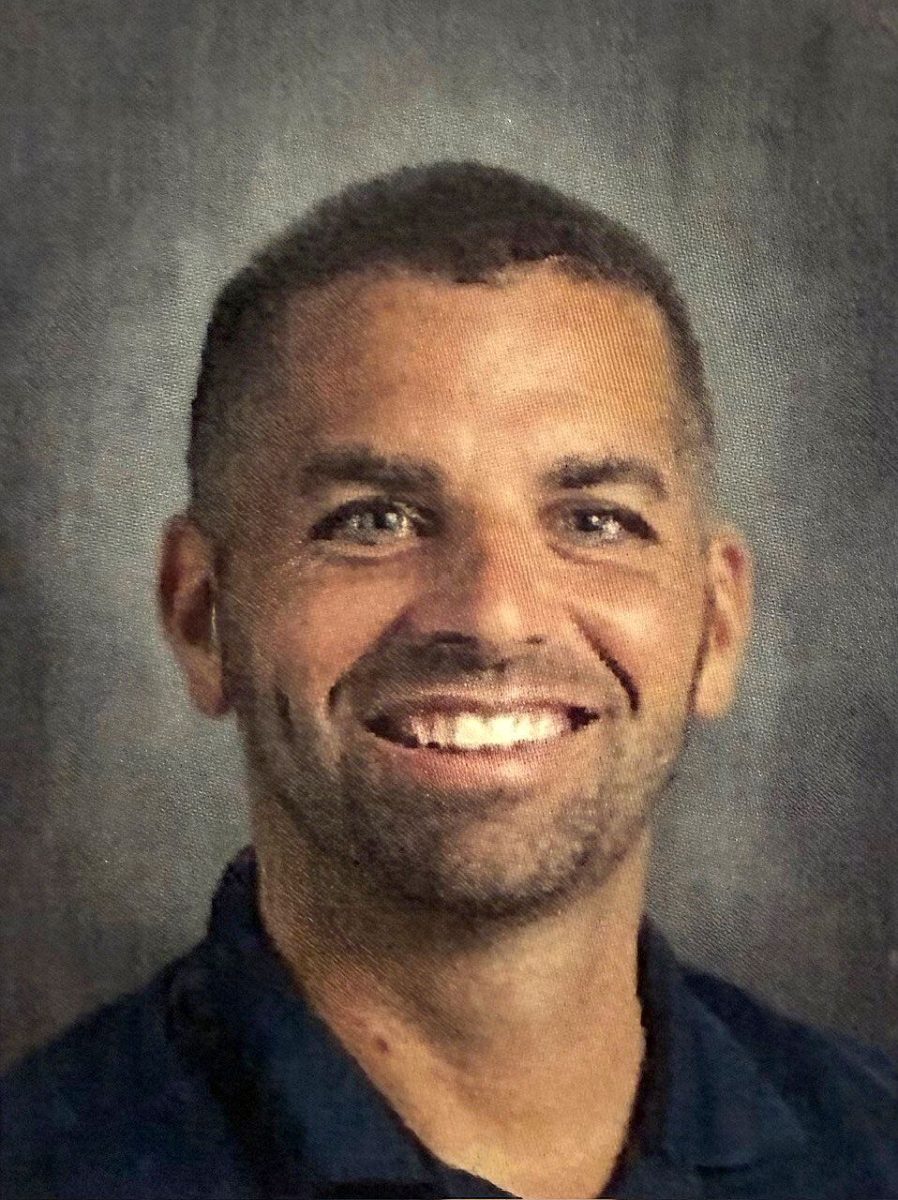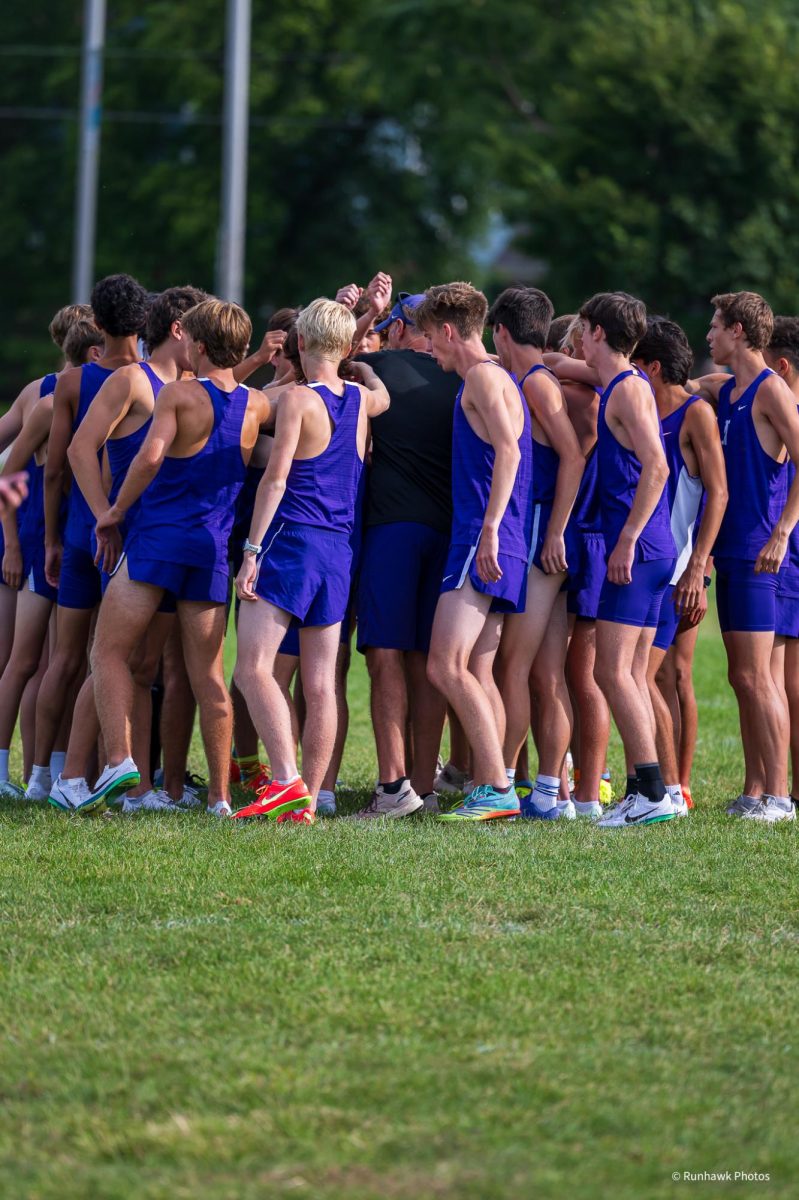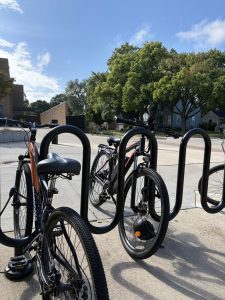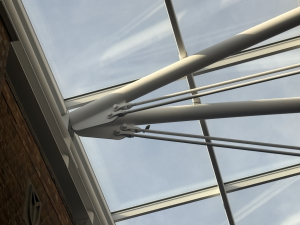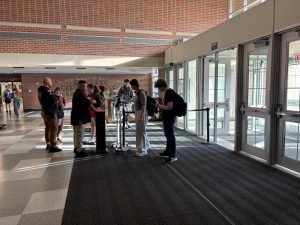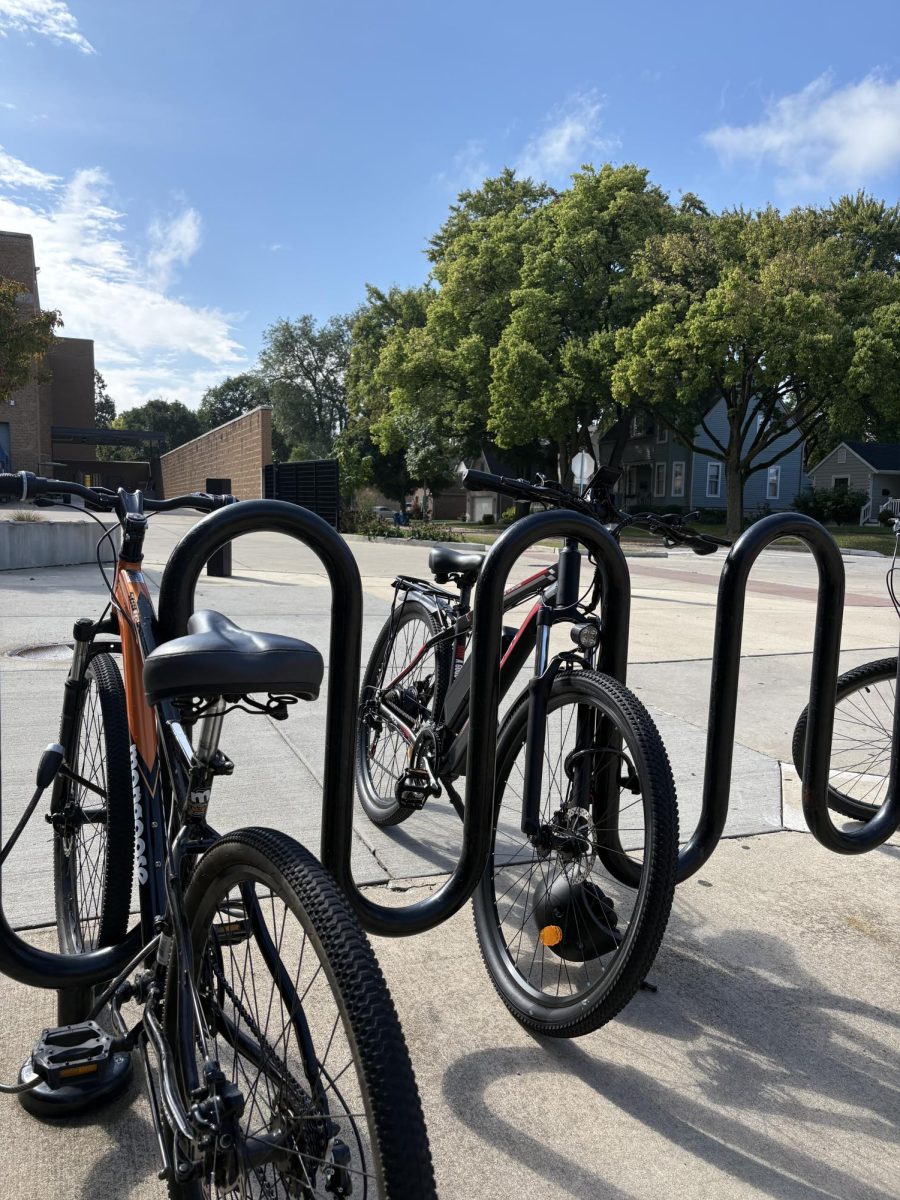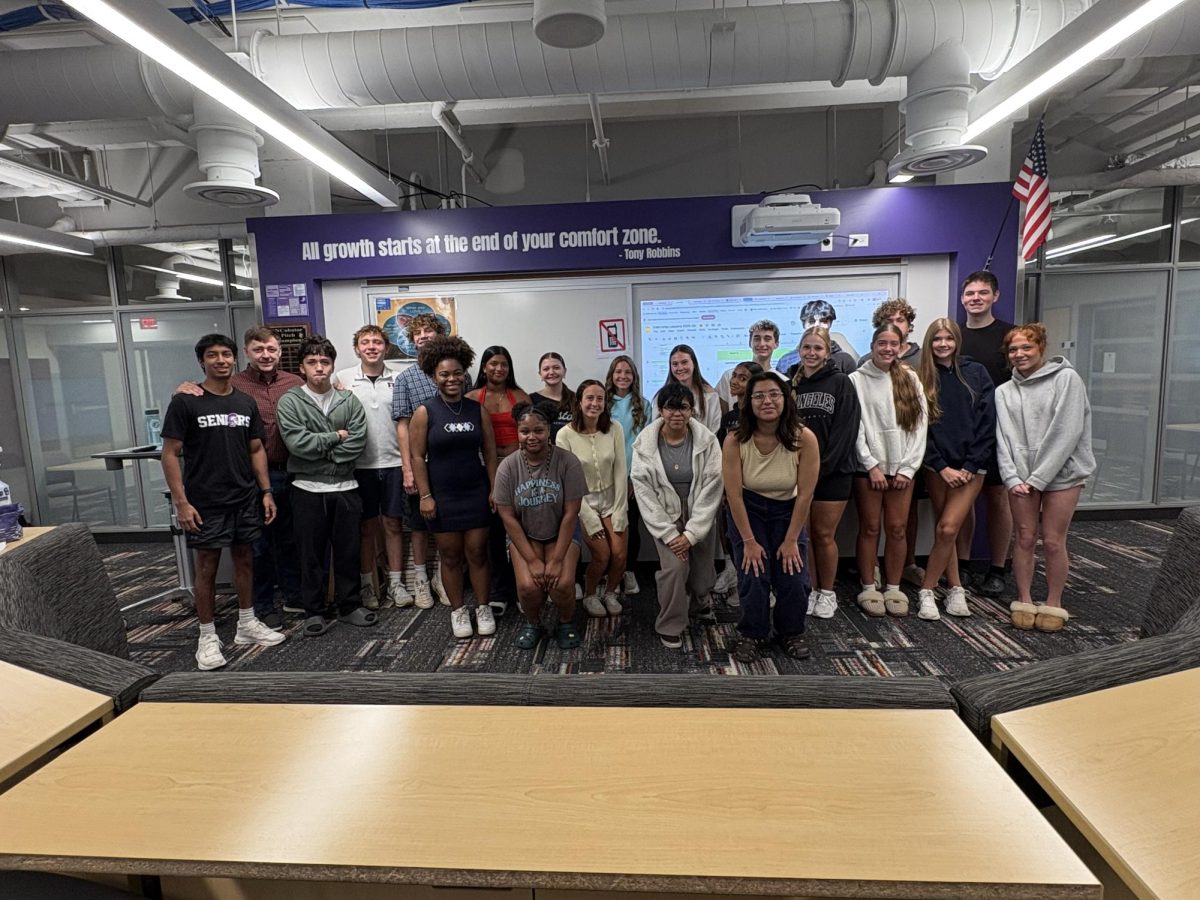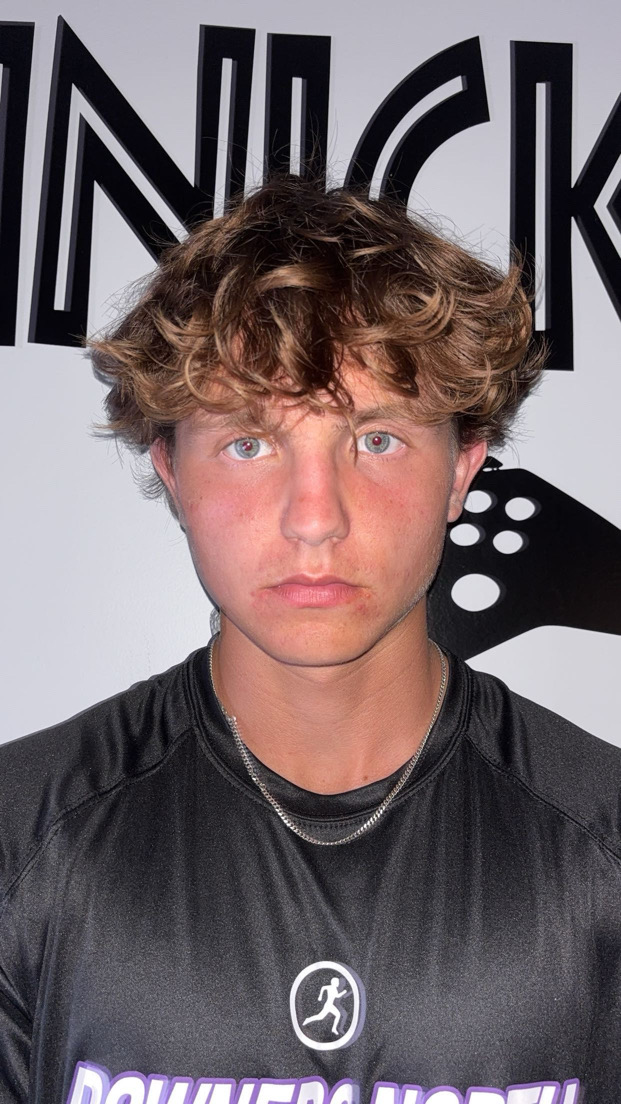Illinois looks to pass free speech law
March 24, 2016
During the week of April 4 the Illinois House of Representatives will begin hearing a proposed bill, Speech Rights of Student Journalists Act, that would protect students from the Hazelwood v Kuhlmeier ruling in 1988 that limited student expression on topics that are “reasonably related to legitimate pedagogical concerns” for school sponsored curricular speech.
“There really are no good arguments in favor of keeping the Hazelwood standard. Even the organizations that traditionally have been opposed to anti-Hazelwood Legislation are starting to realize it has outlived its usefulness,” Executive Director of Student Press Law Center, Frank LoMonte said in an email to the Omega.
In 1987, student journalists at Hazelwood East High from St. Louis County, Missouri had planned to publish stories on divorce and on pregnant students in the school. The principal found that the topics were inappropriate for a school newspaper, and eliminated those pages from the publication. In response to this the students took this to court as a violation of their First Amendment rights, but eventually lost to the Hazelwood School District at the Supreme Court level.
Illinois is one of many states that is currently in the process of passing an anti-Hazelwood law, which would allow all public school journalists to have more rights than under the current Hazelwood ruling. The bill has been a part of the New Voices campaign which promotes and strives for student journalists’ free speech.
“We want students to think, ‘My work made a difference because I had the ability to practice free and responsible journalism in high school,’” chairman of the Illinois Journalism Education Association legislative committee behind New Voices Stan Zoller said in a SPLC article.
Although the case was about a school paper, the Hazelwood ruling has been applied to other forms of school-sponsored student expression, such as theatrical performances, art shows, and debates.
Currently, three states protect both college and public high school journalists and six protect only high school journalists from censorship that would be allowed under the Hazelwood standard. Including Illinois, 20 states are in the process of advocating for anti-Hazelwood laws. With an anti-Hazelwood law in place, all student journalists at public schools would be able to freely report on topics that could be censored today.
“Students who have the assurance of the law on their side write with more confidence about serious topics, including political and social issues that at times are being banned from student media today,” LoMonte said.
When articles or topics are censored, administrators are given the advice to be neutral, but from 1988 to 2003, communication from students with the Student Press Law Center has increased about 350% due to Hazelwood.
“Every [professional] journalism [organization] and journalism teaching organization in the country has now gone on record as declaring Hazelwood to be a failed experiment. It’s an unbalanced standard that puts too much control in the hands of schools, and it results in students receiving an inferior educational experience,” LoMonte said.



